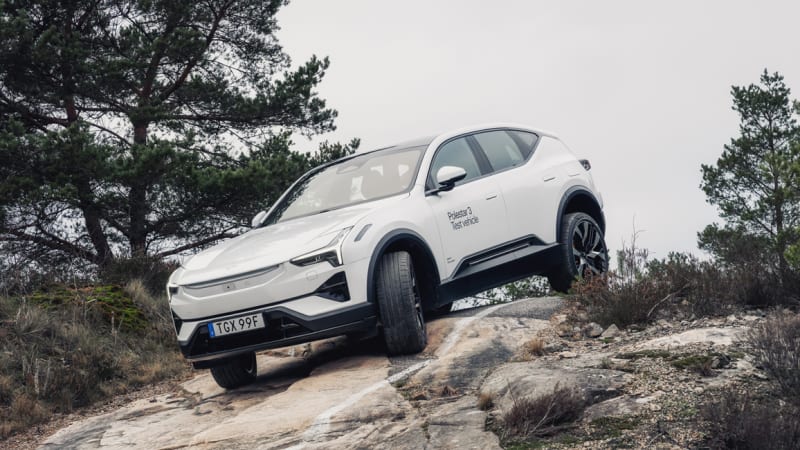Volvo to stop funding Polestar, sees stock rise dramatically

STOCKHOLM — Volvo Cars said on Thursday it would stop funding Polestar Automotive Holding and was handing responsibility for the struggling luxury car brand over to Volvo’s top shareholder China’s Geely Holding.
The announcement sent the Swedish automaker’s stock up more than 30% at market open.
The heavy involvement by Swedish-listed Volvo Cars in Polestar, where it owns around 48% of the shares, has been criticised by analysts who see the stake as a drag on Volvo’s resources.
Like other new EV brands and startups, Polestar has struggled to make headway, particularly since Tesla started a price war last year.
The automaker said earlier this month that it had missed its already-reduced delivery targets for 2023.
Polestar’s shares are down just over 83% since it went public in June 2022 via a merger with a special purpose acquisition company, or SPAC.
Volvo Cars said it has considered handing Polestar shares over to Volvo’s shareholders, which would make Geely a big direct owner in the brand.
Shares in Volvo were up 20% at 0814 GMT, after they soared 32% at market open.
Geely in a separate statement welcomed Volvo’s decision to focus its resources on its own development.
“Geely Holding will continue to provide full operational and financial support to the independent exclusive (Polestar) brand going forward,” the Chinese group said.
“This support will not require a reduction of Geely Holding shareholding in Volvo Cars,” it added.
However, the broker Bernstein said it saw a distinct possibility that the Geely ecosystem could sell down its shares in Volvo.
Polestar last week said it planned to cut around 450 jobs globally, or about 15% of its workforce, amid “challenging market conditions”.
It also said in November that it would try to reduce its reliance on external help, publishing a revised business plan, which included getting additional loans from Volvo and Geely.
The news could raise questions about the viability of Polestar, which aims to become cash flow break-even in 2025. Some analysts have said it could make more sense to fold Polestar company into Geely.
Volvo Cars meanwhile reported a bigger than expected rise in fourth-quarter operating earnings on Thursday, with operating income excluding joint ventures and associates rising to 6.7 billion Swedish crowns ($643.83 million) from a year-earlier 3.9 billion.
Analysts polled by LSEG had expected adjusted earnings before tax and interest (EBIT) of 6.5 billion.
Volvo’s BEV (battery-electric vehicle) margin was 13% in the quarter, up from 9% in the previous quarter.
The increased BEV margin underpins Volvo chief executive Jim Rowan’s firm stance that its margins will continue to rise, despite its industry peers sounding the alarm bell around EV demand and many seeing lower-than-expected EV margins.



